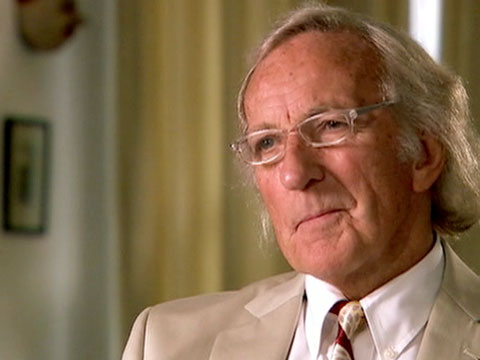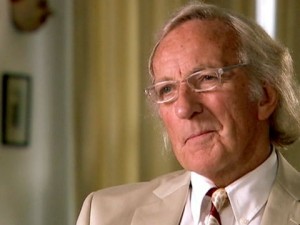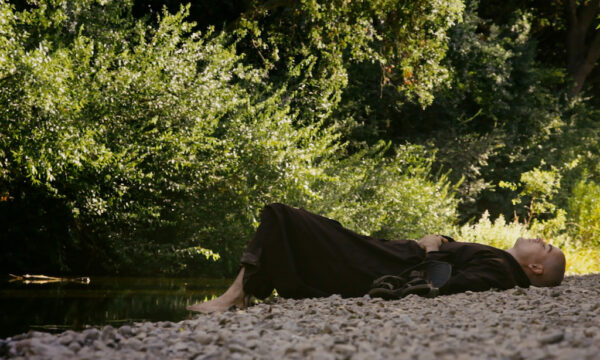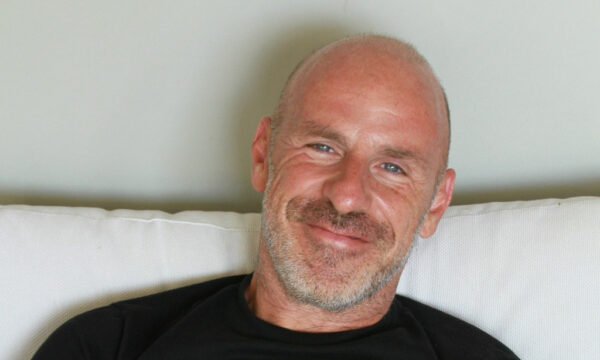In Conversation with John Pilger at the V&A

In the theatre of journalism, John Pilger is one of the great leading men. Making his name in the early 1970s with bruising and incisive documentaries about the horrors of the Vietnam War, he has gone on to make numerous films – most recently: The War on Democracy, The War You Don’t See and Utopia. He has also written and edited several books and countless articles, first as a foreign correspondent for the Daily Mirror and latterly for the New Statesman, among others.
Pilger is the epitome of the crusading journalist, a throwback to the old-school mavericks, who has never ceased questioning orthodoxies, and has never allowed his polemical sensibility to be compromised through censorship.
Seeing Pilger in conversation with fellow journalist Robin Denselow in the grand setting of the Victoria & Albert Museum in Kensington is, it must be said, slightly odd. Although ostensibly linked to the museum’s current Disobedient Objects exhibition, it is more than a little ironic for a journalist who has spent several decades railing against the crimes of colonialism and imperial power to be invited to speak at a place stuffed full of antiquities – the rich spoils of just those endeavours.
Irony of place aside, however, Pilger is in characteristically forthright and challenging form, discussing his views on the parlous state of news journalism in the 21st century, the fact that social media and “citizen journalism” has obscured its true investigative spirit, and the media’s (most notably the BBC’s) failure to adequately report on events such as the Iraq War. He quotes a recent ComRes poll in which 59% of the UK respondents thought the Iraqi death toll was “less than 10,000” (in reality, the figure is thought to be somewhere near 650,000).
Asked by this reviewer about the likely impact of that day’s CIA torture programme exposures, he launches a scathing attack on President Obama’s record – in particular, his unprecedented prosecution of whistleblowers. He claims that those who were taken in by Obama’s pre-election mantra of “hope” and “change”, along with the undeniable appeal of “an African-American president in the land of slavery”, need only to have examined his support in the Senate for Bush’s “war on terror” to have seen through the hyperbole that surrounded his election.
He maintains that collective action is the only way for change to be affected, and that dissent and disobedience of established authorities is not only essential for honest journalism, but for everyday life as well. For him, the Scottish referendum was evidence of a real “cry from the guts” of disaffected people countrywide, and indeed Europe-wide: they are not happy with the status quo and demand real change.
A titanic and charismatic figure, John Pilger (now in his mid-70s) doesn’t seem to have allowed age to mellow him in the slightest. While sadly he remains emblematic of journalism from a bygone age, people of his ilk are vital and indispensable. As the BBC World Affairs editor John Simpson once said: “A country that does not have a John Pilger in its journalism is a very feeble place indeed.”
Michael John
John Pilger was in conversation at the Victoria & Albert Museum for one night only. For further information about future events visit here.

























Facebook
Twitter
Instagram
YouTube
RSS